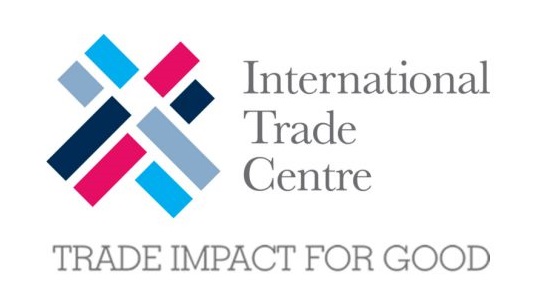Letters of Credit: international payments
Letters of Credit: international payments
Letters of Credit are one of the most versatile and secure instruments available to international traders.
A letter of credit is a commitment by a bank on behalf of the importer (foreign buyer) that payment will be made to the beneficiary (exporter), provided the terms and conditions stated in the letter of credit have been met, as evidenced by the presentation of specified documents.
A letter of credit issued by a foreign bank is sometimes confirmed by a local bank. This confirmation means that the local bank (the confirming bank) has added its promise to that of the foreign bank (the issuing bank) to pay the exporter. If a letter of credit is not confirmed, it is “advised” through a local bank, and thus the document is called an advised letter of credit.
Exporters may wish to have letters of credit issued by foreign banks confirmed through a local bank if they are unfamiliar with the foreign bank or are concerned about the political or economic risk associated with the country in which the bank is located. A local Commercial Service office or international banker can assist exporters in evaluating the risks to determine what terms might be appropriate for a specific export transaction.
A Letter of Credit may be irrevocable, which means that it cannot be changed unless both parties agree. Alternatively, it can be revocable, in which case either party may unilaterally make changes. A revocable Letter of Credit is inadvisable because it carries many risks for the exporter.
Letters of Credit, also referred to as drafts, are used to help protect both the buyer and the seller.
A typical Letter of Credit
A typical Letter of Credit transaction Here are the typical steps in issuing an irrevocable letter of credit that has been confirmed by a local bank:
- After the exporter and the buyer have agreed on the terms of a sale, the buyer arranges for its bank to open a Letter of Credit that specifies the documents needed for payment. The buyer determines which documents will be required.
- The buyer’s bank issues (opens) its irrevocable letter of credit and includes all instructions to the seller relating to the shipment.
- The buyer’s bank sends its irrevocable Letter of Credit to a local bank and requests confirmation. The exporter may request that a particular local bank be the confirming bank, or the foreign bank may select a local correspondent bank.
- The local bank prepares a letter of confirmation to forward to the exporter, along with the irrevocable Letter of Credit.
- The exporter carefully reviews all conditions in the Letter of Credit. The exporter’s freight forwarder is contacted to make sure that the shipping date can be met. If the exporter cannot comply with one or more of the conditions, the customer is alerted at once because an amendment may be necessary.
- The exporter arranges with the freight forwarder to deliver the goods to the appropriate port or airport.
- When the goods are loaded aboard the exporting carrier, the freight forwarder completes the necessary documentation.
- The exporter (or the freight forwarder) presents the documents, evidencing full compliance with the Letter of Credit terms, to the local bank.
- The bank reviews the documents. If they are in order, the documents are sent to the buyer’s bank for review and then transmitted to the buyer.
- The buyer (or the buyer’s agent) uses the documents to claim the goods.
- A sight or time draft accompanies the letter of credit. A sight draft is paid on presentation; a time draft is paid within a specified time period.
Tips on using Letters of Credit when preparing quotations for prospective customers, you should keep in mind that banks pay only the amount specified in the Letter of Credit —even if higher charges for shipping, insurance, or other factors are incurred and documented.
On receiving a Letter of Credit, you should carefully compare the letter’s terms with the terms of the pro forma quotation. This step is extremely important because if the terms are not precisely met, the letter of credit may be invalid and you may not be paid. If meeting the terms of the letter of credit is impossible, or if any of the information is incorrect or even misspelled, you should contact the customer immediately and ask for an amendment to the document.
You must provide documentation showing that the goods were shipped by the date specified in the letter of credit; otherwise, you may not be paid. You should check with your freight forwarders to make sure that no unusual conditions that would delay shipment can reasonably be anticipated.
Documents must be presented by the date specified. To ensure that the Letter of Credit will be paid, you should verify with your international banker that there will be sufficient time to present the documents required for payment.
You may request that the letter of credit specify that partial shipments and transshipment will be allowed. Specifying acceptable practices can prevent unforeseen problems at the last minute.
Among the various systems that help international trade, the Intradebook platform has the functionality to help you check the various fields of a Letter of Credit.
Based on “A basic guide to exporting”, U. S. Commercial Service.








Nicely drafted in details about letter of credits
Thanks, Nitin.